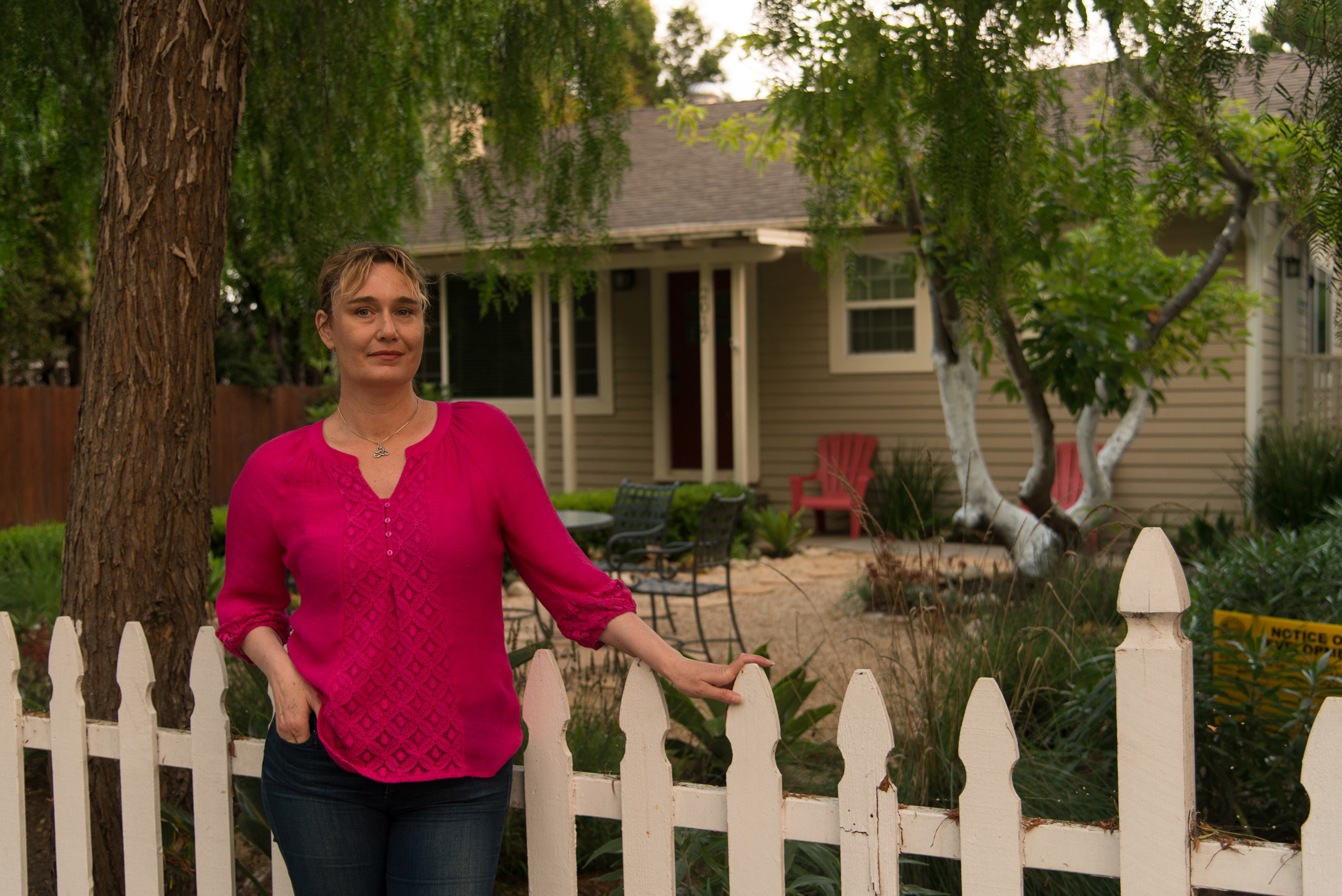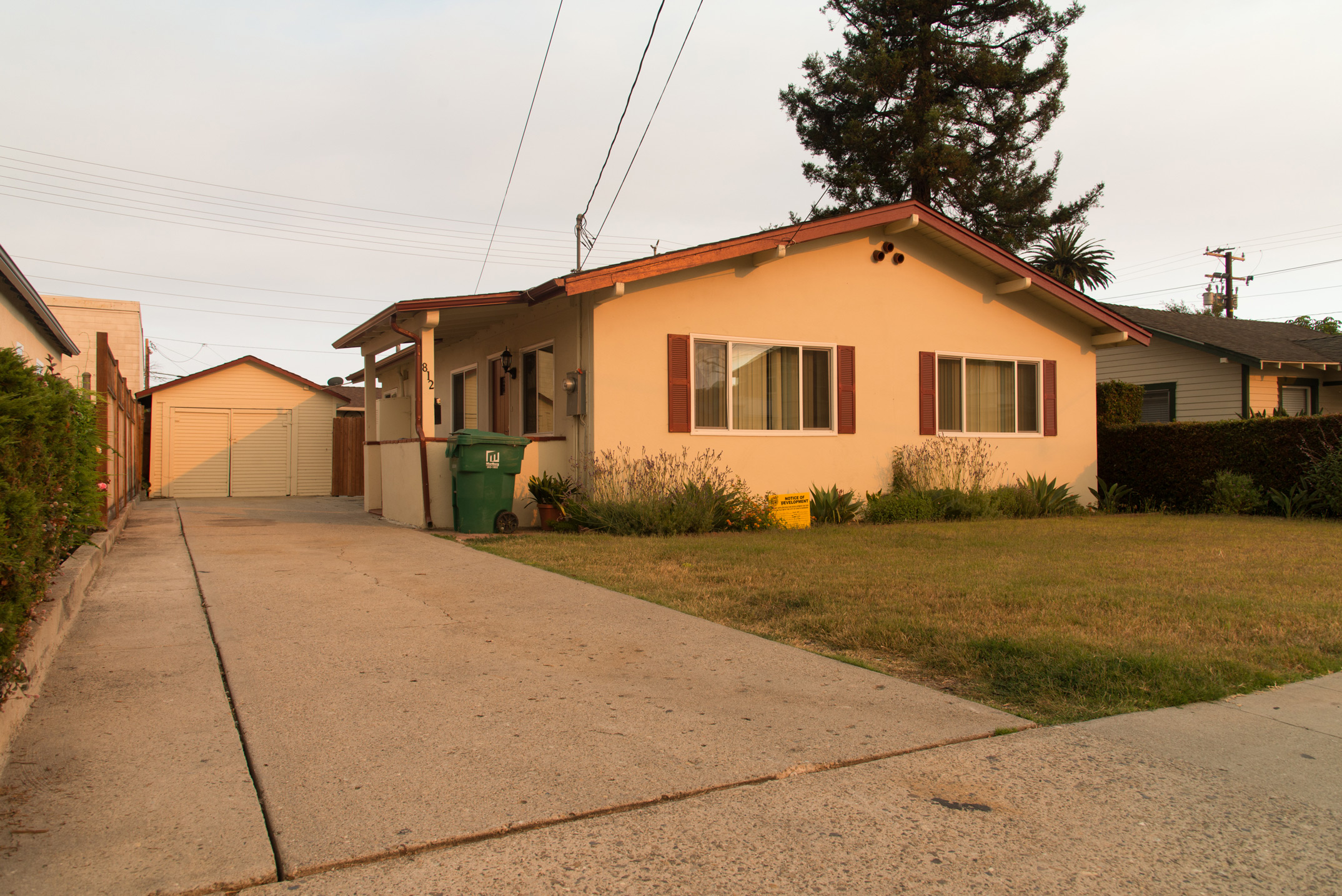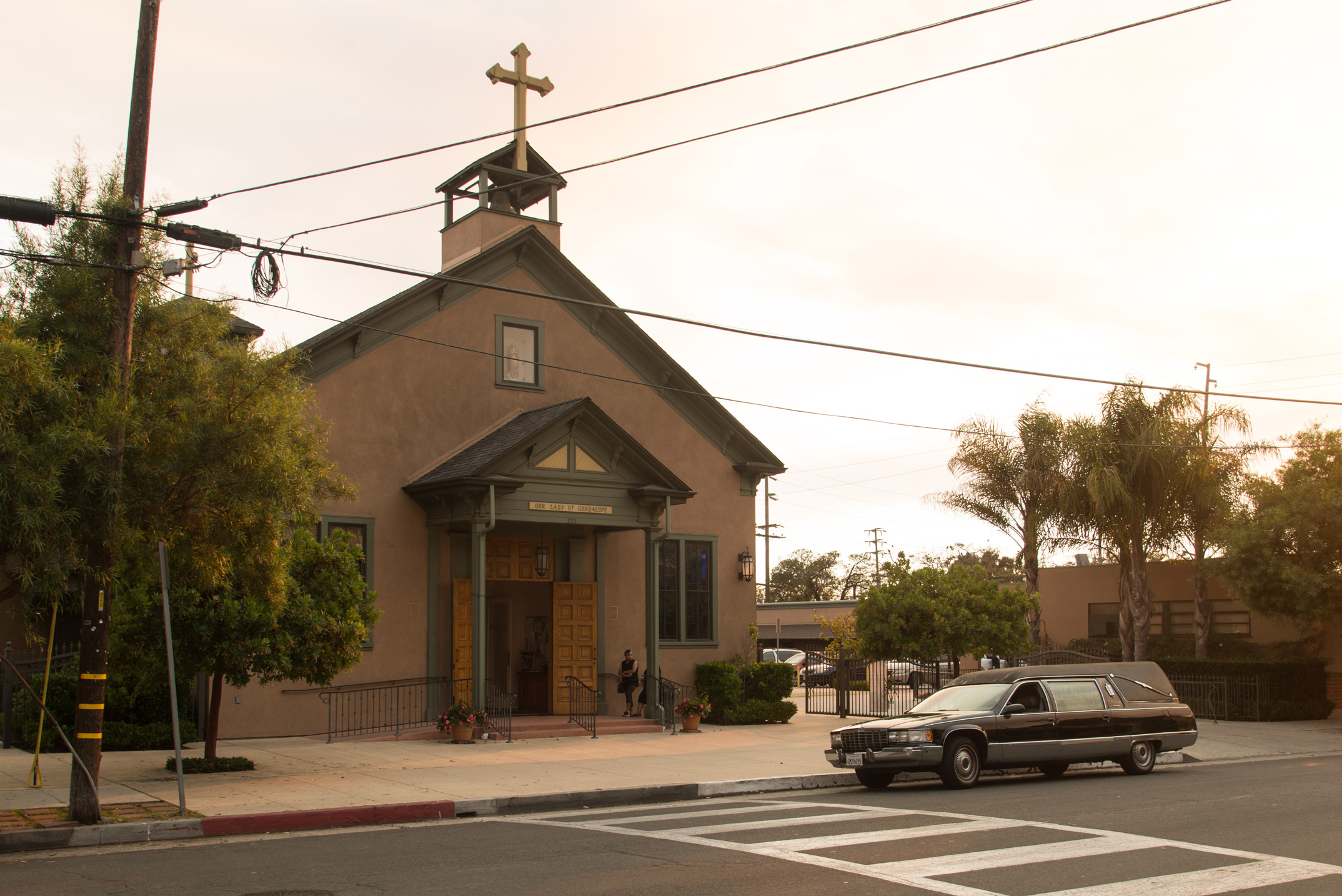Resistance Grows Against Vacation-Rental Conversions
'We Have Enough Hotel Rooms and Not Enough Housing' in Santa Barbara

Fresh battle lines have been drawn in Santa Barbara’s housing wars as opposition from unexpected angles has popped up against short-term vacation rental operators attempting to legally convert their properties from residential to “hotel” use in order to comply with new city regulations.
Since April, the city’s Historic Landmarks Commission and Architectural Board of Review — typically concerned only with vetting the aesthetics of building projects — have denied three of these conversion proposals on land-use grounds, arguing they were “not consistent with the principles of sound community planning” because they would remove valuable housing from Santa Barbara’s already critically low stock.
“Every single unit counts,” said Landmarks Commissioner Bill Mahan as he and his colleagues unanimously rejected a conversion bid for an Anapamu Street condominium that’s been used as a vacation rental since 2010. “Sound community planning means that we provide to the city what we don’t have, and we don’t provide what we have enough of,” he said. “And right now, we have enough hotel rooms and not enough housing.”
All three denials have been appealed to the City Council, which will review each case in the coming weeks. The first — the proposed conversion of a structure on Anapamu Street — is scheduled for next Tuesday’s meeting.

The city received its first conversion application in November 2015, soon after officials started proactively going after unpermitted short-term rentals. Many of the operators began asking what they needed to do to comply with zoning regulations, and they sought the necessary land-use and development approvals to keep their rentals open.
Since August 2016, five residential units have been legally converted to short-term rentals, the most recent the five-story, Jeff Shelton–designed Ablitt House on Haley Street. Forty-seven more units spread among 34 properties sit in various stages of the approval pipeline, including a plan to convert a 12-unit apartment complex on Bath Street near East Beach. Nearly all of the 34 properties were illegally operating as vacation rentals at one time or another. Because they’re considered mini-hotels, the properties must comply with the same parking, fire, water, and disability access codes required of larger commercial operations.
At its easiest, the process to fully legitimize a short-term rental is onerous and expensive, owners often complain. And now, they worry, even if they’ve followed all the proper steps and secured all the necessary permits and licenses, they can still be denied under the broad and subjective auspices of “sound community planning.”

In her formal appeal letter to the council, planning consultant Eva Turenchalk, representing the Anapamu property owner, stated, “If it is the city’s intent to not approve ‘even one’ short-term rental, then that should be very clearly communicated to the public so that property owners do not waste countless months and thousands of dollars going through a process that has no chance of yielding an approval.”
It’s not completely clear why, after previous approvals, Historic Landmarks and Architectural Board of Review are suddenly taking a harder stance on conversion applications. “I’m not quite sure why this switch was flipped,” said senior city planner Renee Brooke, who’s been attending review board hearings to offer clarity and advice given the tensions around the short-term rental debate.
On March 30, however, Jaime Limón, planning supervisor for both bodies, did send the boards a letter reminding them of the scope of their authority and explaining that “parking deficits, loss of housing, accessibility, and possible noise-related impacts are common issues raised by neighbors” that may factor into their deliberations.
Neighborhood activist Anna Marie Gott may have also helped change some minds. She’s been bird-dogging the conversion issue for months and often rallies neighbors to speak at the hearings against the proposals.
“Removing housing permanently from our market while we have a documented housing crisis will only result in increased rents and drive more moderate and middle-income earners from the city,” she said, noting that in the past four years, the average hotel vacancy rate has been 24 percent, while the city’s residential housing vacancy rate hovers between 0.6 to 1 percent. “I understand tourists have wants,” she said, “but our residents have needs, and they desperately need housing.”



